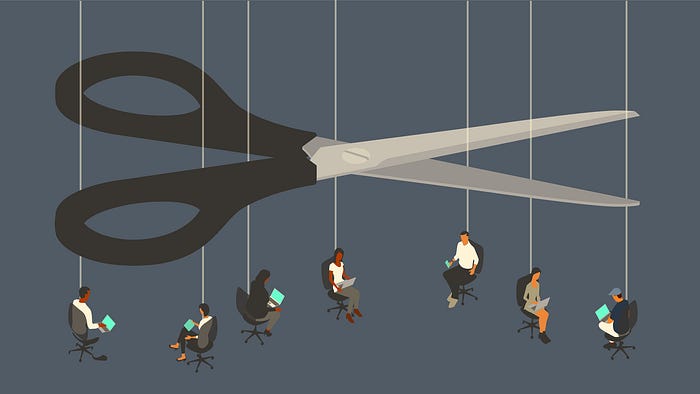Member-only story
It’s time for the tech industry to live up to its ideals
Beyond the facade of free food, massages, and dry cleaning.

It’s no secret that the tech industry prides itself on its altruism. You’ve probably heard Google’s former informal motto, “Don’t be evil,” but it is far from unique: most tech companies have lofty ideals baked into their mission statements, their marketing campaigns, and even their very brands.
When I started working in the tech industry over a decade ago, I was as susceptible to this messaging as the next person. The never-ending communications about how my company was transforming the world for the better were appealing. It didn’t occur to me then that the constant drip of these messages was a highly effective way to get me to drink the Kool-Aid so that I would become a loyal, diligent employee.
It wasn’t just the unceasing communications that had this impact, either. The high salary and novel benefits all played a part. I quickly and naively bought into the idea that my employers were more ethical than employers in other industries.
Despite their seemingly noble intentions, it turns out that some tech companies are not the altruistic panacea they so proudly claim to be.
Sometimes quite the opposite. As more and more tech workers have spoken out against misconduct, a truth has emerged: tech companies, while certainly capable of transformative innovation, are often more incentivized by money. And without checks and balances to hold them accountable, some companies are more likely to do harm for profit than the transformative good they so often (and so misleadingly) promise.
There are many examples to support this. This year, for example, we have seen tech companies engage in copycat layoffs: SAP recently laid off 3,000 workers, IBM laid off 3,900, Microsoft 10,000, Meta is about to cut another 10,000 jobs, and the list goes on. Over 58,000 people were laid off from American-based tech companies in the first month of 2023, and 140,000 workers were cut in 2022.
These layoffs weigh especially heavily on my heart. In 2020, I sued my former employer, Google, for pregnancy discrimination. After settling my lawsuit, I took a year off of work to focus on healing myself and my family…

